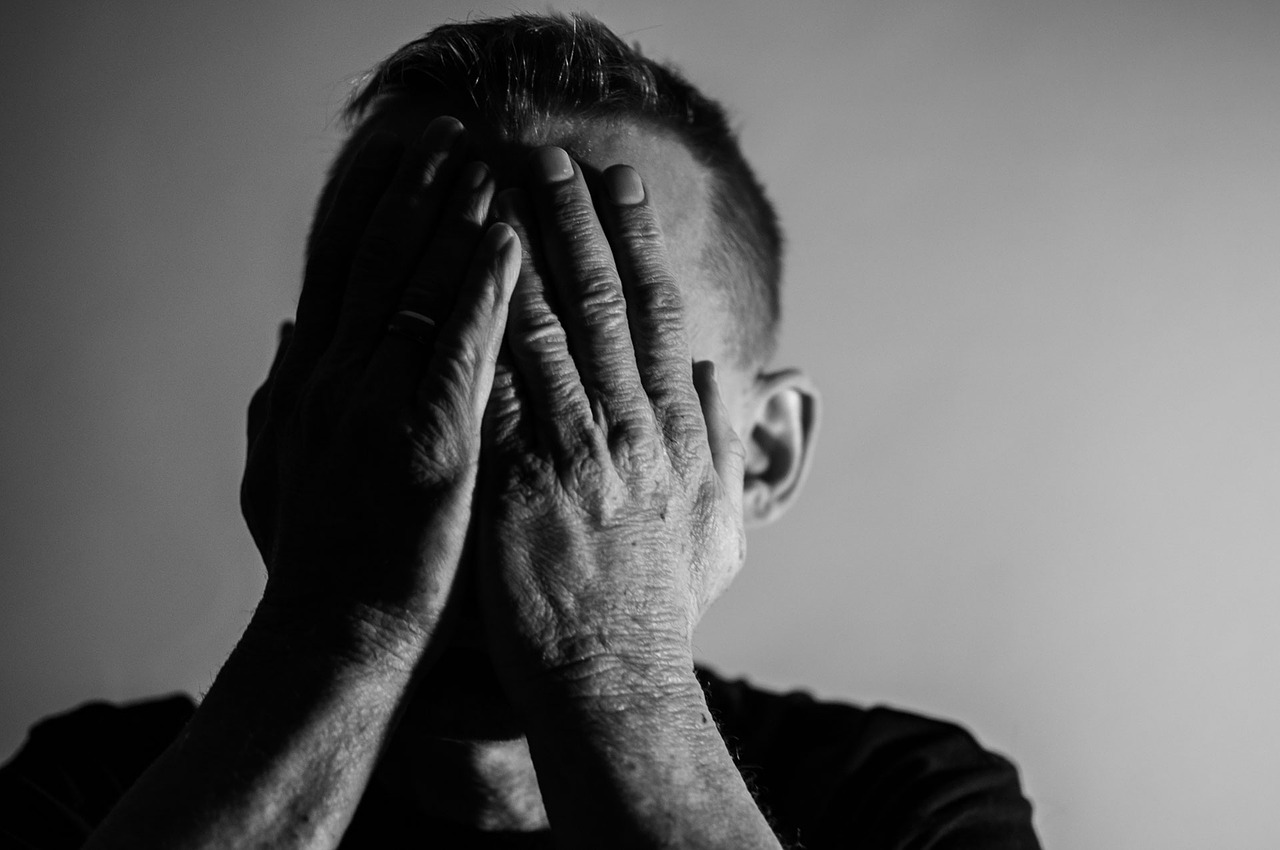Lockdown seems to be getting to me. I don’t know why. In this blog post, I explore the ins and outs of that. I have not planned for this post – everything from here on out is written in the order that I thought about my lost motivation and looked at articles about it.
I’m an introvert in case my excessive blogging, social media, Netflix, DnD, and gaming schedule did not make that obvious. 2020 was like a gift for me. I could do more, skip getting dressed, and did not have to talk to other humans. Brilliant.
Now, however, it is getting to me. I’ve lost all motivation to do stuff outside of a few bursts of creativity (like the all-new Matrix Dreams). But even when I do get stuff out and up for people to watch, play with, ignore, or argue back to, I do not have the same follow up and expand work ethic any more. It is an effort to get one thing a week released.
My YouTube channel that only last year got priority over all other online activity is about four videos over due. I’ve got the footage and it is not like editing is hard. So why have I failed to get anything done?
According to Bright Horizons, the World Health Organisation (WHO) included burnout in its International Classification of Diseases (ICD). The symptoms include:
- Experiencing feelings of exhaustion
- Feeling negative towards one’s job
- Reduced productivity and effectiveness professionally
That sounds a lot like me. Have I somehow burned out by doing what I love with no interuptions?
Women’s Health describes 5 symptoms of being burned out which (as you will see) sounds like the WHO list with more words. They actually reclassify it as exhaustion because the article goes with a book promo by Dr Jessamy Hibberd who calls it that.
- Having little motivation
- Finding it harder than normal to do normal tasks
- Having ‘brain fog’
- Finding it hard to concentrate
- Having a low mood
To be honest, it just seems to me to describe something we all know already – depression.
Dr Jessamy Hibberd does make one very good point though. He points out that those little breaks where we get to rest our minds have vanished. weird chats with mates, phone calls, train or bus journeys, hanging out at the pub or in a coffee house, and general life stuff. We have for almost a year now stopped all that.
For a while there I was getting more done. But perhaps – like my PC – working harder has led to the CPU running a little hot. Perhaps my brain needs time to cool off between tasks?
Direction says this:
The first three stages of burnout are: excessive ambition, pushing yourself too much and neglecting your own needs.
A new kind of burnout: spot it and stop it, Direction
Then again, it suggests working in 30 minute bursts. I never work in bursts of anything less than a few hours. Often a single task will consume a day and then I will watch Netflix until sleepy. I am not sure I even know how to work in short bursts like that.
The BBC’s Bryan Lufkin had this to say back in March 2020:
Burnout: the term for relentless overwork has rapidly become ubiquitous, especially when describing millennials who hustle to the point of exhaustion. And with millions of people now in lockdown as Covid-19 sweeps the globe, burnout is still very much around – but it looks a little different right now.
Juggling remote work, childcare and more has morphed burnout in the time of coronavirus, and preachy calls to pick up a new hobby might make it worse. Here’s how to manage the stress., BBC
Lufkin may have a point. I declared December 2020 the month of getting stuff finished. It lasted a few weeks and I still have yet to get back on track. That amounts to a month and a half of unproductive time. November had been a month of intensive writing. I only needed two or three more days to finish that project. Yet it is still outstanding.
A government report published December 2020 stated:
There is evidence that self-reported mental health and wellbeing worsened during the first national lockdown of the COVID-19 pandemic. Psychological distress, anxiety and depressive symptoms appeared to peak in April 2020. There is evidence of some recovery since April, but not yet to pre-pandemic levels.
COVID-19: mental health and wellbeing surveillance report
That report goes on to say that the proportion of people reporting depressive symptoms increased and that those symptoms worsened over the period. I feel validated in saying that this “burnout” others were describing sounds like depression. I had not even seen the government report when I wrote that. (This post is strictly start at the top and work down).
Reading between the lines my white and male privileges (as well as relative youth) may have shielded me from a worse impact. Nevertheless, the report makes for some grim reading. The TL;DR is this – lockdown sucks and depression and metal fog are on the rise for all but those with impressive EQ and even then if the circumstances were right.
The NHS has 10 really good tips (better than Women’s Health) for fighting off the black dog of lockdown depression.
Two that stood out to me were:
- Connect with friends
- Give the news a rest
They also suggest that talking about how you are feeling can be a big help. Writing this post as a flow of thoughts and discoveries has definitely helped me feel more positive. There might be something to this talking to other humans thing after all.
As another article put it – try to realise it is not just you.
Thank you for taking this trip into the topic of lockdown burnout and depression. Writing this post seems to have been quite therapeutic. Please use my comments to tell me how you have been coping (or failing to cope) with lockdown, depression, and the thing they call burnout.


Yes, I feel somewhat better for writing this. That does not mean I feel back to my old self just yet.